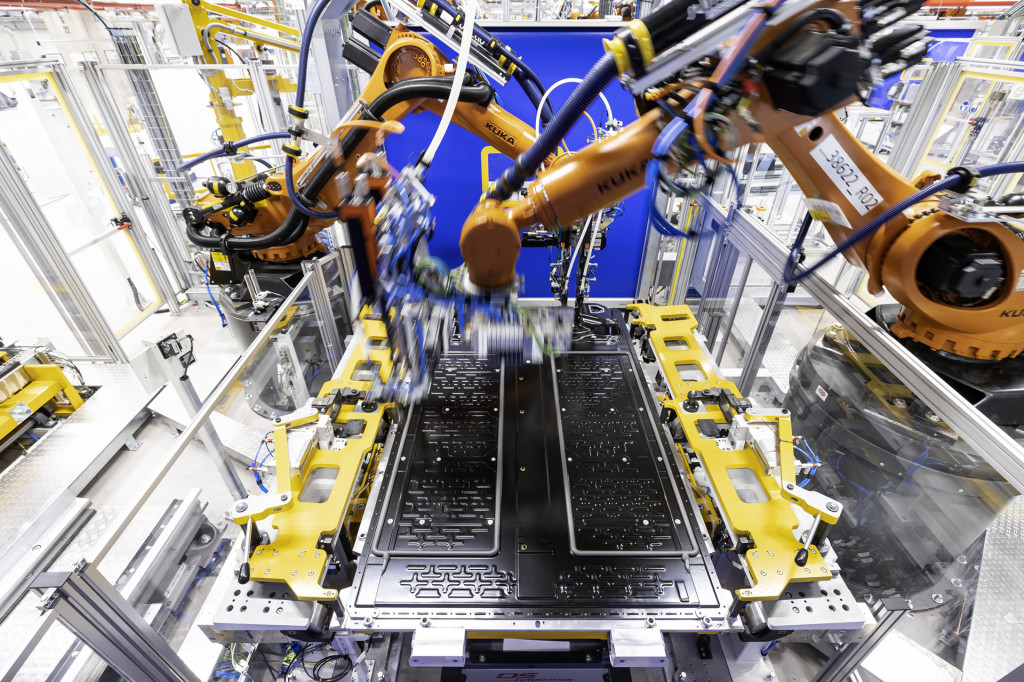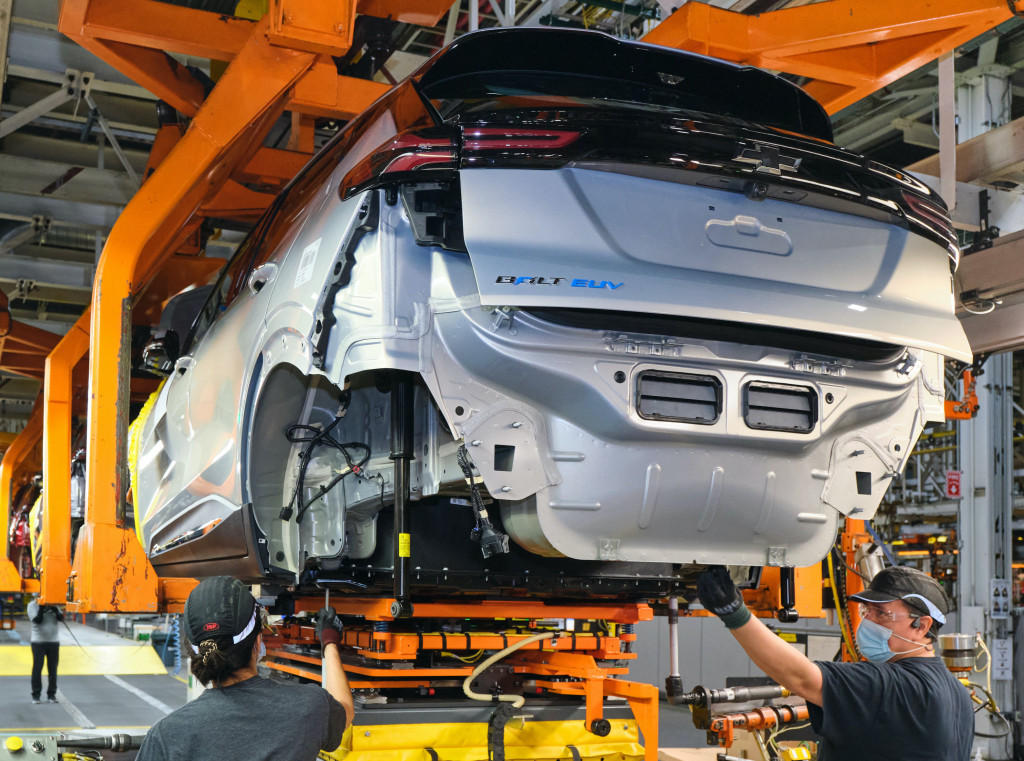As United States battery manufacturing increases to support greater EV production, battery materials could become a potential choke point.
It's this "less sexy" element that Tesla co-founder J.B. Straubel aims to address with his new company, Redwood Materials. As detailed in a recent Bloomberg profile, Straubel aims to move more of the manufacturing of battery components from Asia to the U.S.
Redwood currently focuses mainly on battery recycling, but according to Bloomberg it also plans to build a $1 billion factory to manufacture cathodes. It will produce enough for 100 gigawatt hours of batteries per year by the end of 2025. The company also plans to open a similar factory in Europe in 2023.

Battery production at Mercedes-Benz's plant in Hedelfingen, Germany
The company plans to continue with its recycling business, based out of Carson City, Nevada, but there won't be enough recycled material to reach that 100-GWh goal. That's where manufacturing comes in.
Redwood plans to manufacture anodes as well as cathodes, according to Bloomberg. It also recently broke ground on a 100-acre site in Story County, Nevada, to make copper foils.
Straubel told Bloomberg that he believes recycled materials will be used for "close to 100%" of global battery production eventually, adding that recycling is already profitable. Several other battery recyclers have also emerged, including Li-Cycle, which was named as General Motors' official recycling partner earlier this year, and plans to open a recycling plant in Alabama.

2022 Bolt EV assembly - battery marriage
Both battery recycling and establishing a raw materials base for battery manufacturing are priorities for the Biden administration.
The administration hopes to return more manufacturing to the U.S., and the global pandemic has made the need for a more localized supply chain especially urgent.
Meanwhile, there's pressure to build more battery factories to meet anticipated demand for EVs into the 2030s. Will there be enough materials without more companies like Redwood?












